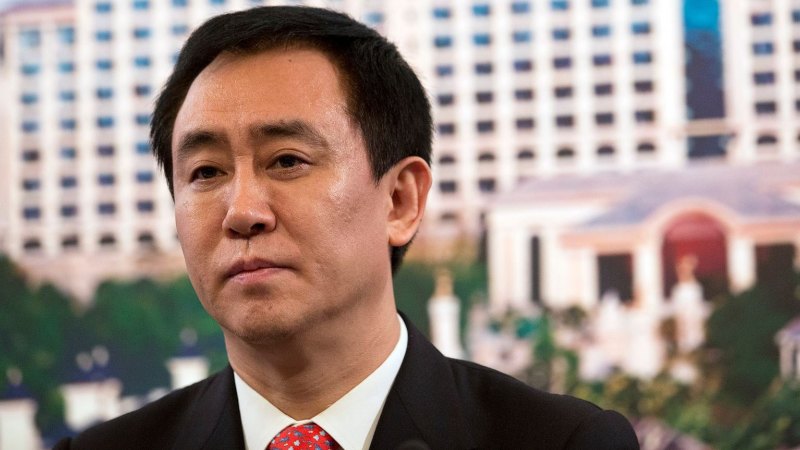Resources
Newsletter
Stay up to date and with the latest news, projects, deals and features.
SubscribeChina’s second largest property developer is on the brink of collapse as it faces a deepening liquidity crisis.
China Evergrande, which is currently overseeing almost 800 projects across 200 cities in China, has so far this year experienced a 75 per cent drop in its share price.
Last week, trading in one of the company’s bonds was suspended by the Shanghai Stock Exchange due to “abnormal volatility” as the debt-laden property developer’s bonds tumbled by 20 per cent.
After resuming trade, Evergrande’s January 2023 bond fell more than 30 per cent, forcing a second trading freeze.
For over two decades, the developer has expanded on the back of China’s sweeping urbanisation and aggressive leverage.
The company has moved to divest assets in recent months after the firm struggled to service its debts after a crackdown on the property sector by China’s central government in Beijing.
The developer is reported to have amassed $120 billion in debt and close to $300 billion in total liabilities.

Beijing’s “three red lines” policy—a trio of metrics that policymakers have been enforced to encourage the property industry to de-leverage. Failure to meet these metrics means an inability to access new loans.
In August, Beijing summoned Evergrande’s executives to discuss the fact it was short on two metrics and issued a warning that the company would need to reduce its debt risks and prioritise stability.
After the meeting, the developer “promised” to follow Beijing’s orders and said it would disclose information in a “timely manner”, would not “spread rumours” in the market and would clarify “false information” as requested by the authorities.
Evergrande claims to employ 200,000 people and indirectly generate 3.8 million jobs in China.
On Thursday, regulators in Beijing signed off on a proposal by the developer to renegotiate payment deadlines with banks and other creditors.
The developer’s most recent earnings report revealed a sharp 29 per cent fall in net profits year-on-year, while its share price has fallen by 72 per cent this year, dragged down by a drop in its home selling prices and higher expenses.
It responded by halting projects, renewing borrowings and disposing of equity interests and assets.